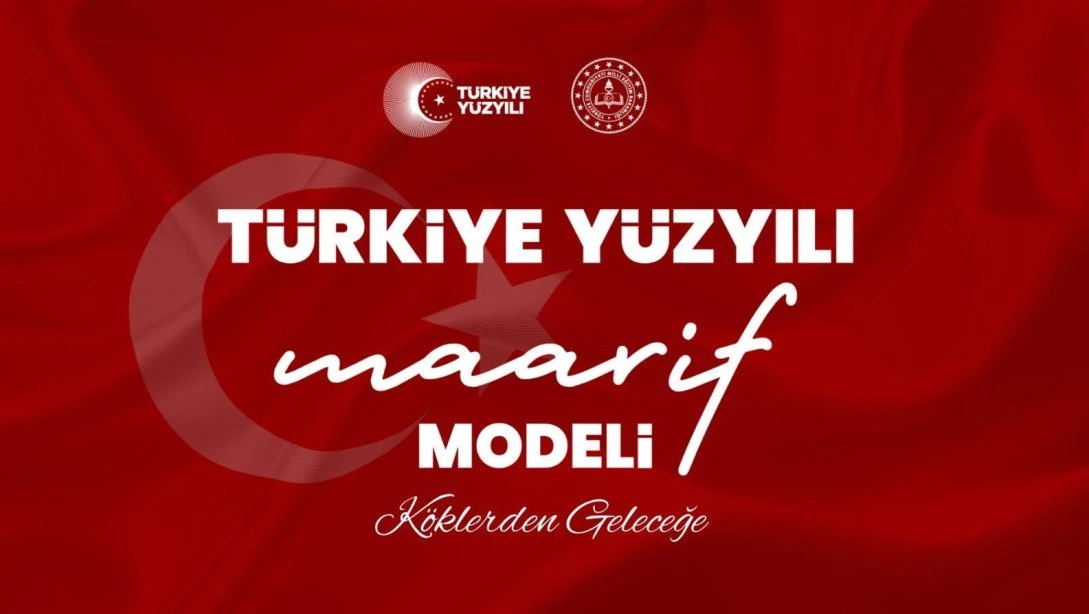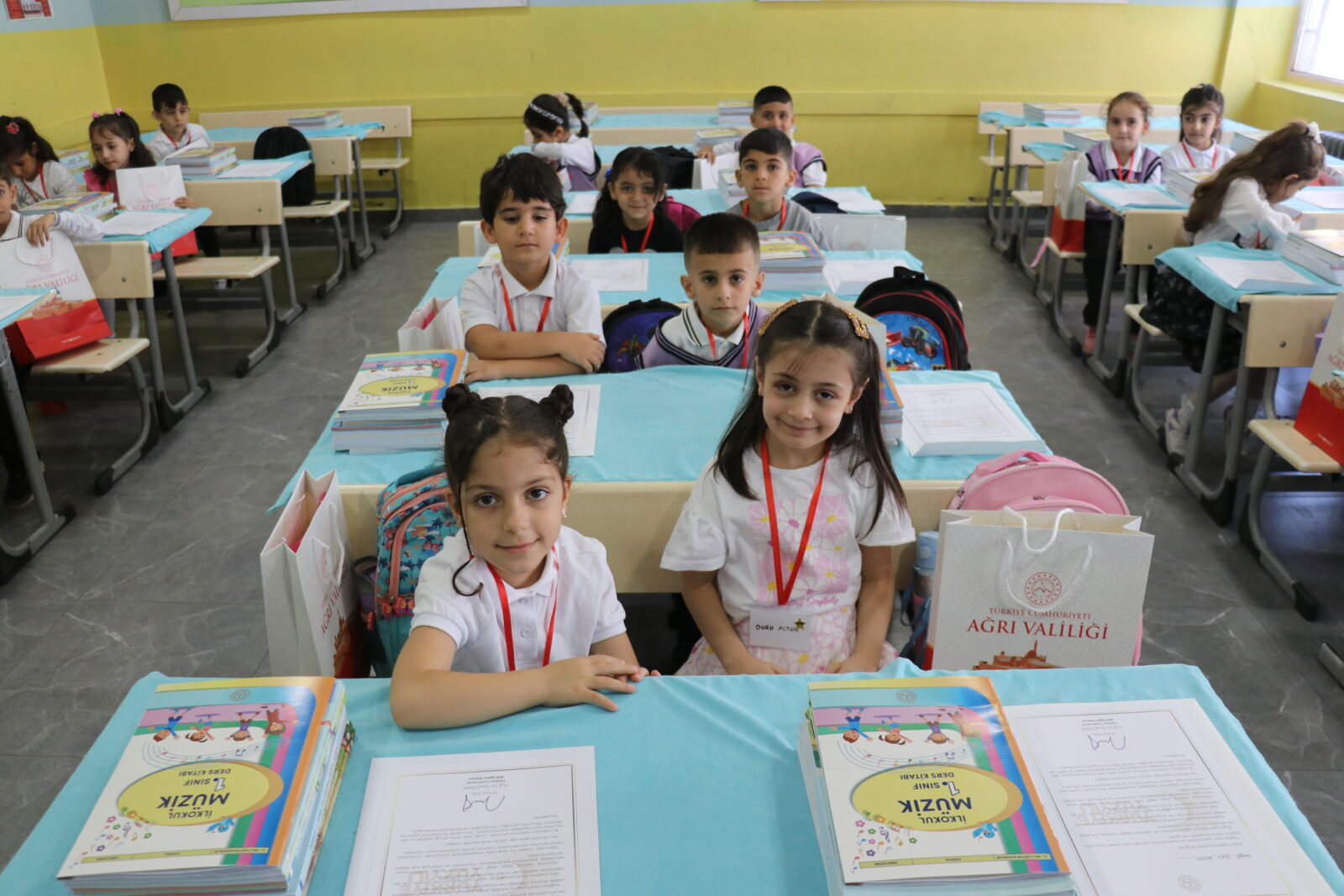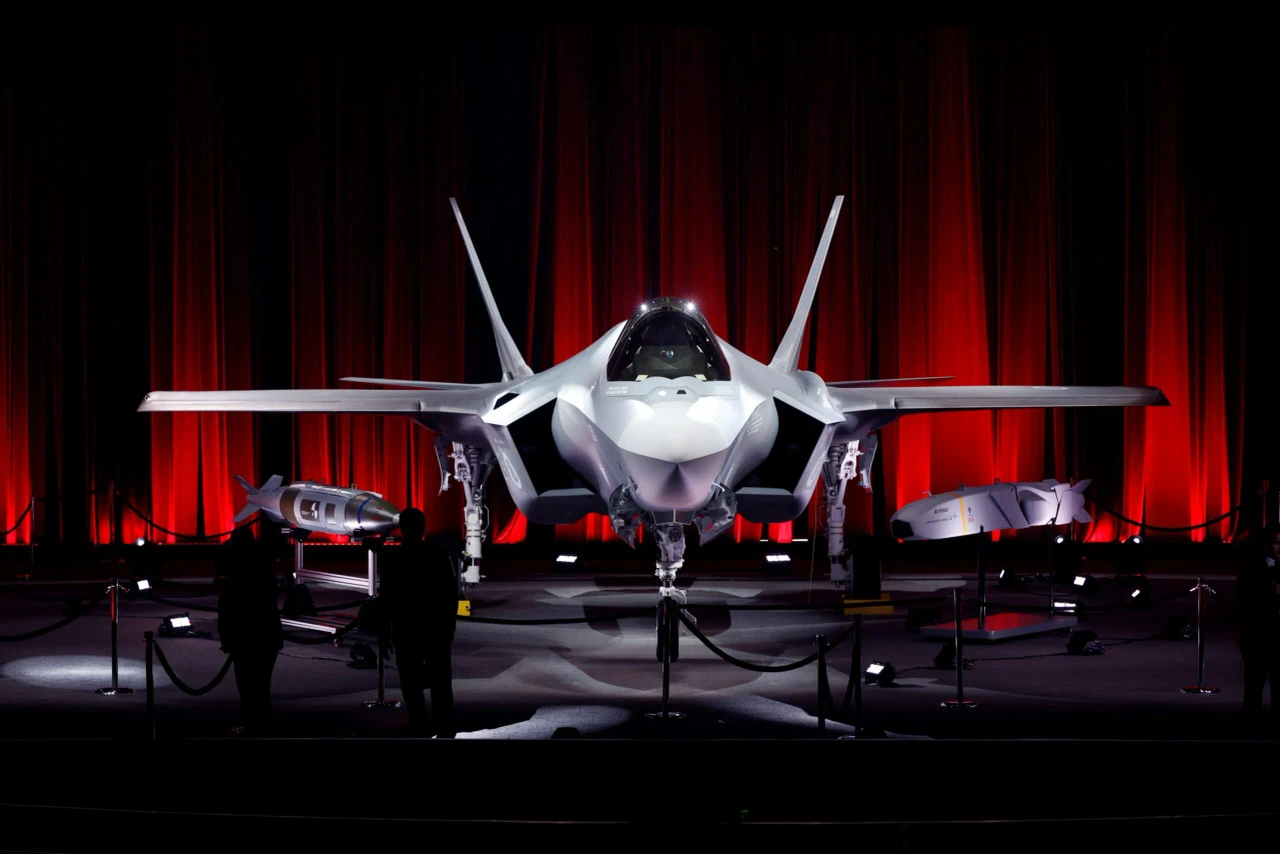Turkish century education model unveiled for new school year rollout
 Turkish Century Education Model: “From Root to Future” promotional poster (Ministry of National Education)
Turkish Century Education Model: “From Root to Future” promotional poster (Ministry of National Education)
The curriculum in Turkiye has undergone major changes with the start of the new school year for the term 2024-2025.
What’s happening?
As of September 9, 2024, Turkiye has introduced the Turkish Century Education Model. This innovative curriculum will impact around 20 million students and 1.2 million teachers in the upcoming academic year.
The model brings reforms aimed at enhancing critical thinking, practical skills and digital literacy.

Key details of Turkish century educational model
- New curriculum: Aims to reduce reliance on supplementary resources by providing students with 35% simplified content.
- Textbooks: Will be equipped with augmented reality and AI-powered activities.
- Holistic education approach: An educational approach that supports mental, social, emotional, and moral development.
- First Lesson: “The Spirit of Independence and Love for the Homeland from Gallipoli to Gaza,” will be lectured across the country.
Major changes
- 9 Types of literacy: Information, digital, financial, visual, cultural, citizenship, data, sustainability, and art literacy will be covered in a spiral structure in textbooks.
- Common exams: This year’s exams for 7th and 10th graders are an extension of those given to 6th and 9th graders last year.
- Assessment and evaluation: New methods will be implemented to ensure that students have learning experiences outside the classroom.
Innovations
- Advanced textbooks: Textbooks will offer students the opportunity to interact with animations, simulations, and digital content through QR codes.
- Artificial intelligence-supported applications: Augmented reality and artificial intelligence will enhance course content to reduce the need for additional resources.
- Skill-based learning: Practical activities based on problem-solving and creativity will support math and science lessons in particular.
Why is it important?
The Turkish Century Education Model is an educational approach that focuses on 21st-century skills. It aims to prepare students for a digital, skills-based, and collaborative future.
Besides aiming to provide technical and academic competence, the program is based on instilling national and moral values in students.
Model’s basic principles
- Student-centeredness: Personalized learning experiences will be offered according to student’s interests, abilities, and needs.
- Values education: It is aimed to provide students with national, spiritual, moral, and cultural values.
- Openness to scientific, technological developments: Scientific and technological developments will be integrated into education programs.
- Continuous development: The education system will be continuously evaluated and improved.
Renewed curricula
- Focus on skills: Emphasis will be placed on 21st-century skills such as using knowledge, problem-solving, critical thinking, creativity, and communication.
- Strengthening values education: values education will be emphasized more in course content and activities.
- Diversifying learning approaches: Project-based learning, cooperative learning, and inquiry-based learning methods will be used.
- Digitalization: The use of technology will be increased, and digital learning materials will be developed.
Expectations
Professor Dr. Osman Cakmak, Chairman of the Maarif Platform, states that this model will make significant contributions to Türkiye’s education system.
“Our young people have a national and religious inferiority complex in the face of the advanced technology of the West, and they admire and imitate the West. With the Turkish Century Education Model, we aim to prevent this situation,” Cakmak said.
The Turkish Century Education Model opens the doors to a new era in education.
This model aims to offer students not only academic success but also an education equipped with national and spiritual values.
The first lesson, “The Spirit of Independence and Love for the Homeland from Canakkale to Gaza,” clearly demonstrates this.
This new approach to education is expected to play an important role in raising Türkiye’s future scientists and thinkers.



